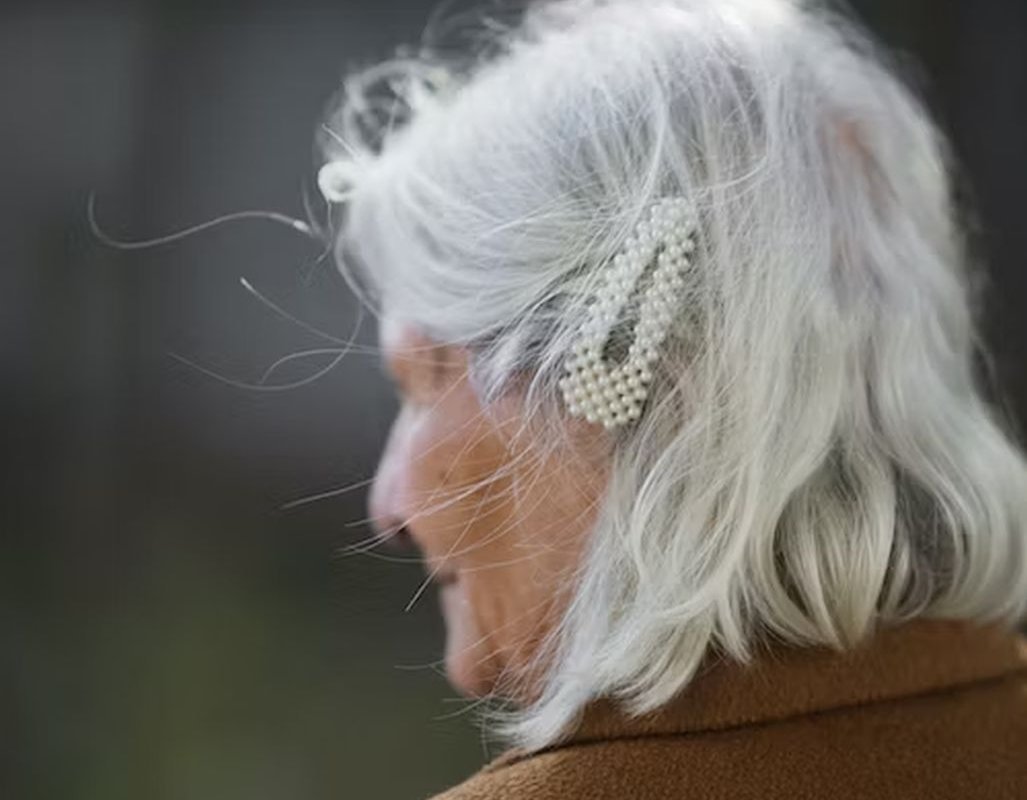
Arterial hypertension is one of the most dangerous diseases for the elderly. This was reported by cardiologist and arrhythmologist Maria Serova.
Hypertension is characterized by an increase in blood pressure, periodic or constant.
— If left uncontrolled, it leads to irreversible pathological changes, in severe cases, to death, — the doctor noted aif.ru.
Serova compiled a top 5 list of dangerous diseases for this age group. In addition to hypertension, these include coronary heart disease (CHD), heart failure, strokes, and arrhythmia.
CHD is associated with a decrease or complete cessation of blood supply to the heart muscle tissue. Heart failure is a syndrome in which the heart's ability to pump blood is impaired.
Stroke is a collective term that refers to several types of cerebrovascular accidents. There are also different types of arrhythmias. One of the most common and dangerous is atrial fibrillation (atrial fibrillation).
The fact that heart disease primarily manifests itself as chest pain is a misconception, the doctor clarified. A person may have back pain or a sinking feeling in the pit of the stomach, or may not have any problems at all except shortness of breath or increased fatigue.
It is important to monitor blood pressure, cholesterol and blood sugar levels. Optimal indicators:
Blood pressure: 120/80 mm Hg.
Cholesterol: less than 5.2 mmol/l.
Sugar: 3.3 -6.0 mmol/l.
Possible signs of hypertension:
- Frequent and severe headaches, especially in the occipital region.
- Feeling dizzy or slightly off balance.
- Constant fatigue and weakness.
- Difficulty breathing, especially during physical exertion.
- Blurred vision, “flies”.
- Frequent nosebleeds.
- Unpleasant sensations or pain in the chest.
Read also: Urologist Smernitsky: irregular sex life negatively affects libido
Also on the topic: Important for hypertensive patients: what is consistently high blood pressure
You can read: Endocrinologist Kvasova: good sleep affects weight and is important for the central nervous system
Important! The information is provided for reference purposes. Ask a specialist about contraindications and side effects and do not self-medicate under any circumstances. At the first signs of illness, consult a doctor.
